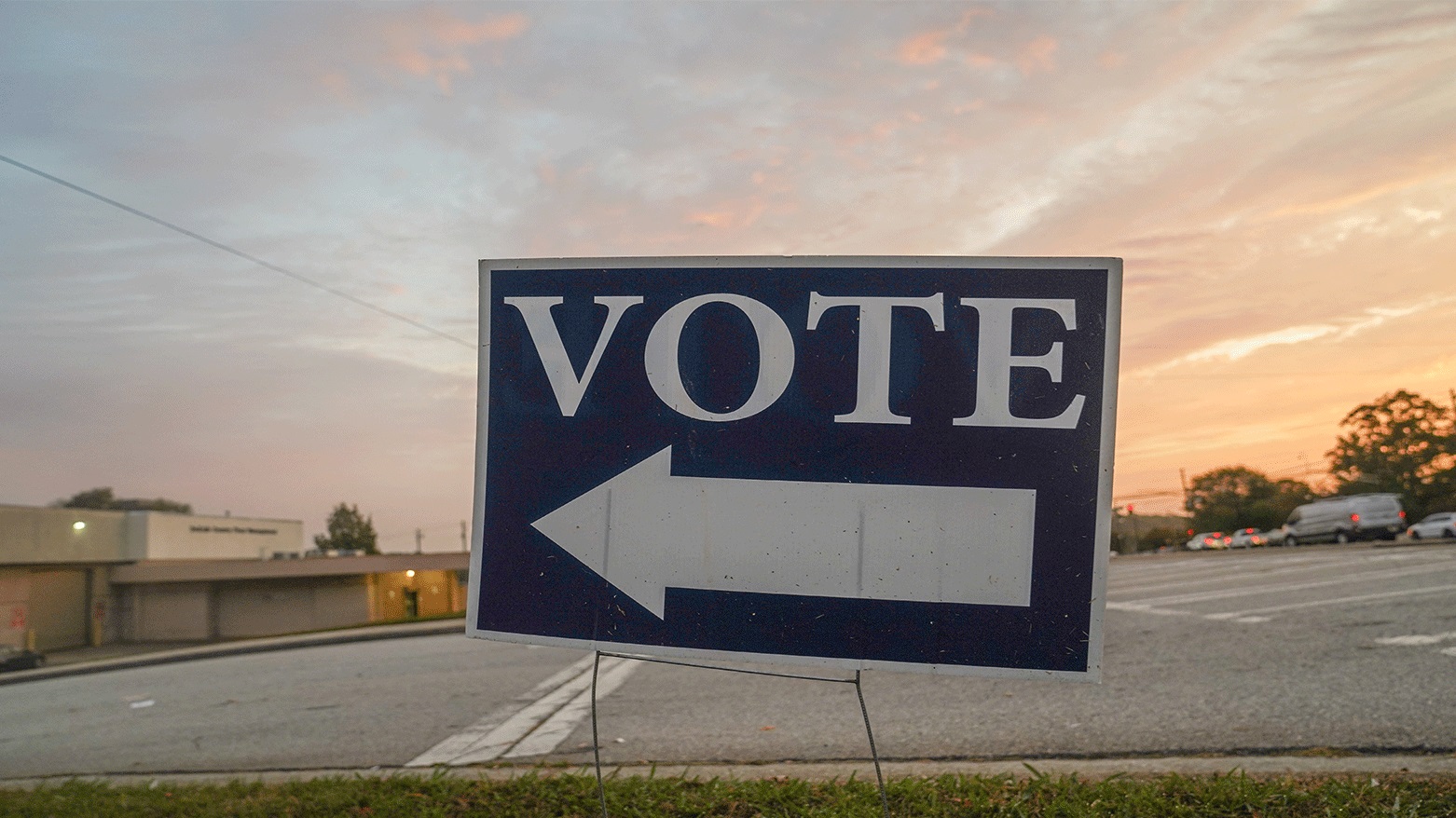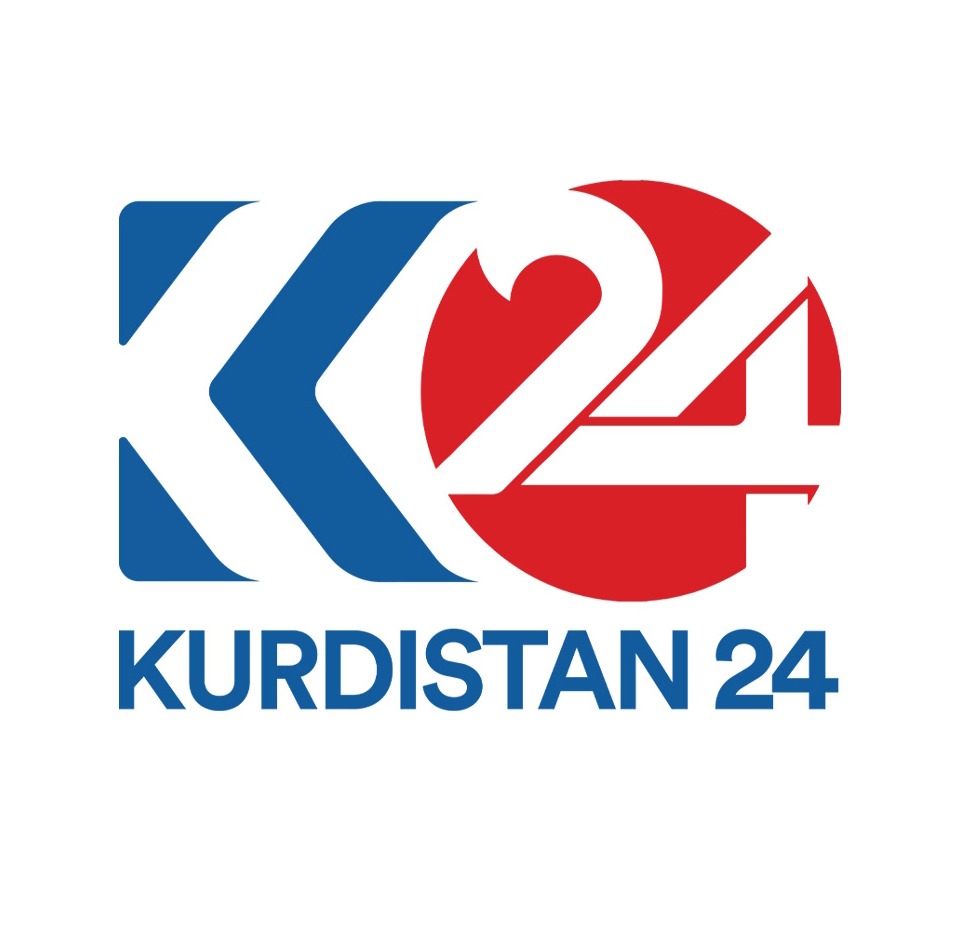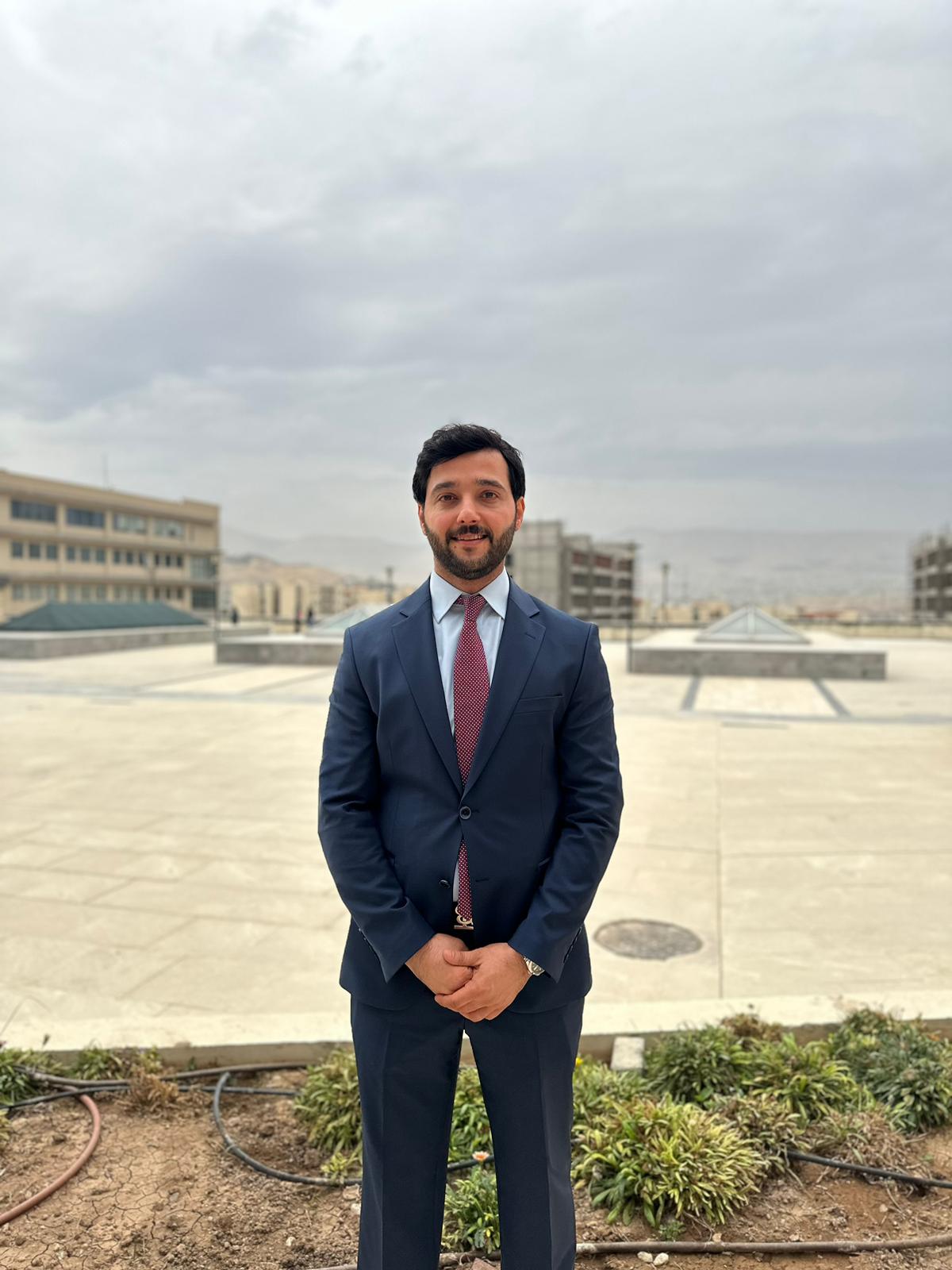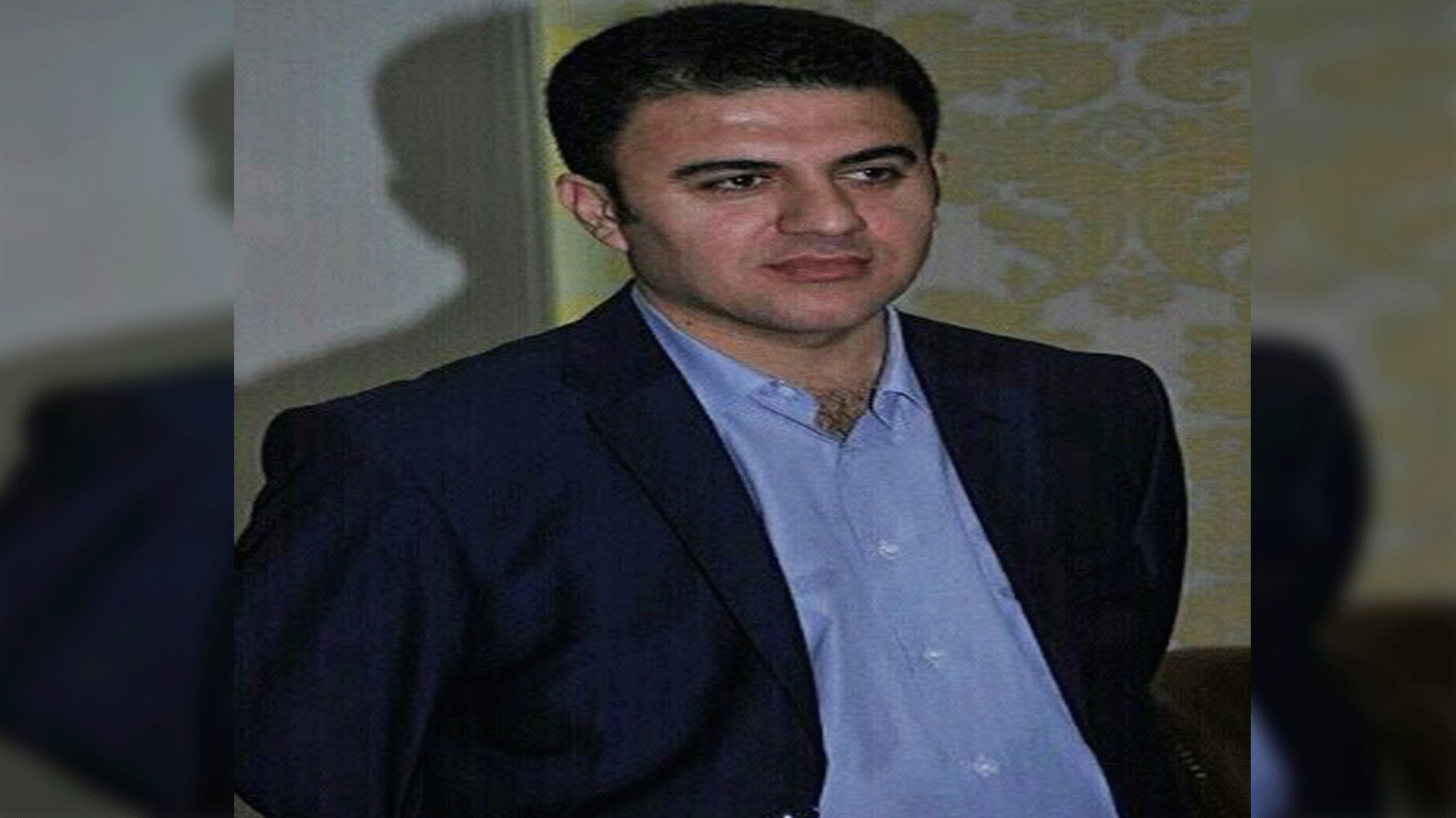Facebook-Cambridge Analytica Data Scandal: A Detailed Report and Potential Implications for Iraq
One of the largest breaches of online privacy till now was brought to light in early 2018 through the Facebook-Cambridge Analytica data scandal.

Overview of the Scandal
One of the largest breaches of online privacy till now was brought to light in early 2018 through the Facebook-Cambridge Analytica data scandal. The British political consultancy firm Cambridge Analytica took personal information from millions of Facebook accounts without authorization from users. Later, they created advanced predictive analytics software for use in political campaigns, such as during the 2016 American election for President or during Britain’s referendum over leaving the EU.
The Mechanism of Data Collection
In 2014, Dr. Aleksandr Kogan, a researcher at Cambridge University, created a personality quiz app called “This Is Your Digital Life." Users who completed the quiz were unknowingly sharing not only their data, but also the data of friends on Facebook with Kogan. This method made it possible to gather data from about 87 million users. GSR owned by Kogan sold this data to Cambridge Analytica afterwards. Facebook also provided this extensive data to Cambridge Analytica to create psychographic profiles of voters, majorly concentrating on their psychological characteristics and their choices. These profiles were used in developing political advertisements that would help shape the electorate’s decisions. Cambridge Analytica capitalized on people’s ‘vices’ as put it by whistleblower Christopher Wylie in that it developed messages that appealed to the worst instincts of users.
The Role of Cambridge Analytica in Trump's Campaign
The scandal that involved Cambridge Analytica was that it was involved in the campaign of Donald Trump in 2016. The firm was contracted by Trump’s team to bring in the data analytics factor in order to have an edge over the competition. The firm utilized the information gathered from Facebook to create psychological models of millions of U. S. voters. Such profiles contain information about the personality, preferences, and political leanings of voters. These profiles were used by Cambridge Analytica to create extremely specific political ads. These ads were intended to influence voters from different categories by appealing to their problems and anxieties. For instance, the advertisements designed for conservative voters were based on themes such as immigration and gun control while the advertisements for undecided voters in the swing states were based on themes such as the economy and employment. Among the most successful tactics used by Cambridge Analytica, it is possible to highlight the manipulation of voters in the states that are considered the swing states, including Michigan, Wisconsin, Pennsylvania, and Florida. These states were decisive in determining the final tally in the Electoral College. The firm found persuadable voters in these states and inundated them with messages that showcased Trump’s positive attributes and depicted his opponent, Hillary Clinton in the worst light. Facebook users were able to see advertisements placed by Cambridge Analytica, but no one else could. This allowed the campaign to send specific messages to voters without the information going viral to the general public. Such commercials were frequently filled with messages that were provocative and manipulative in nature, aimed at stirring the emotions of the viewers and encouraging them to go to the polls. Through this ability in data analytics, the firm was able to assist the Trump campaign to optimize resource utilization. For instance, campaign events and rallies were conducted in places deemed to have many soft voters. The campaign also had to adapt the message that was being delivered to the electorate depending on the data that was being received from the field as this would help in addressing any changes in voter sentiments as they went on with their campaign.
Effect on Voter Behavior
The political ads that were aired, especially the ones that were targeted at specific groups of voters influenced voters in a big way. The tailored messages were effective at mobilizing Trump’s voters and boosting their turnout, especially in swing states. It was easy to appeal to the prejudices and phobias of voters, and the commercials encouraged people to go out and vote. The targeted advertisements were especially helpful in changing the minds of voters who were on the fence. Through dealing with their concerns and portraying Trump as the answer, Cambridge Analytica was able to convince many of the undecided voters to vote for Trump. Some ads were created to depress the vote of Clinton supporters. These ads sought to demoralize Clinton’s potential voters by posting false news and focusing on the contentious issues of her campaign.
Key Swing States and Electoral Impact
Based on the findings, the effects of the strategies employed by Cambridge Analytica were most apparent in the swing states. Trump was victorious in Michigan by a slim margin of less than 11,000 votes. Specifically, advertisements and campaigning in this state were critical to this victory. Trump received 1,440,260 votes while Clinton received 1,417,506 votes in Wisconsin, a difference of 22,748 votes. The data driven campaign strategy of Cambridge Analytica was able to identify and bring to the poll Trump supporters who otherwise would not have come out to vote in this traditionally Democrat dominated state. The difference in the votes that Trump got and those that Clinton garnered in Pennsylvania was 44,292 votes. The micro-communication strategy that the firm used was effective at mobilizing voters in this crucial state. Florida again emerged as another swing state with considerable electoral votes at stake. Trump prevailed in the state by a margin of 112,911 votes, which can be attributed to the efficient application of targeted ads and campaign approaches. The scandal generated much criticism against Facebook for not safeguarding users’ data and information and triggered numerous inquiries. In the United States of America, the FTC (Federal Trade Commission) charged Facebook with $5 billion in penalties. Cambridge Analytica filed for closure, but this case pointed out how much data privacy laws should be enhanced and how personal data can be exploited.
Potential Application and Implications for Iraq
Taking into account the political and social situation in Iraq, the same tactics as in the case of Cambridge Analytica could be applied to manipulate voters. This is because Iraq is a country with an ethnically and sectarian diverse population, and therefore an ideal candidate for political mobilization. It is also possible to have political entities or third-party firms developing apps or tools that capture personal information. This could involve information on users’ ethnic origin, religious inclinations, political leanings, and social relations. Data brokers could obtain information from different sources on the internet such as social networks, online shops, and records that are open to the public to develop databases. By employing more sophisticated methods of analysis, one could develop rather specific portraits of the Iraqi people. These profiles would provide information regarding demographics such as the Kurds, Arabs, Sunni, Shia and other ethnic and sectarian populations. They could also contain behavioural data like the patterns of online activities, previous purchases, and media habits. Political parties could use propaganda in an appropriate manner to influence particular segments of the population. Messages could be tailored to the needs of the Sunni population in Anbar province or the Shia population in Basra. Facebook, Twitter, and WhatsApp could be used to pass on messages that could be politically influenced or contain information that could cause confusion and post inflammatory messages to the public. In political campaigns, it was believed that the results could be influenced by micro-targeting voters and their specific messages. This could be through vilifying opponents, instilling polarization, or rallying certain demographics of voters. These efforts could be further enhanced by bots and fake accounts to provide an impression of support or otherwise for certain political outcomes.
Public Relations, Advertising and Other Aspects
The Imperative Role of Scandal in Public Relations Among Politicians
In the context of Iraq, the same data breaches could be put to PR use by politicians. The accumulation of comprehensive profiles of registered voters makes it possible for political organizations to develop highly targeted public relations campaigns. These campaigns would focus on the positive aspects of the politician seeking voters’ support while at the same time trying to influence voters' perception of their needs. Another approach to PR could also be employed to demonize rivals through negative campaigning and place the political system in a position most advantageous to some of the candidates. This kind of targeting would allow politicians to directly address voters' fears, needs, and preferences, which would make their campaigns more effective and less costly.
Exploitation of ethnic and sectarian divides
Thus, Iraq, as a state with a mixed ethnic and sectarian background, is especially vulnerable to such an approach. These divisions could be utilized by political campaigns to rally the base through messages that are most resonant with a certain demographic, for instance Kurds, Arabs Sunnis, and Shias. This manipulation could increase tensions to the detriment of existing relations and lead to confrontation. Where politicians could stimulate ethnic and sectarian sentiments, society could become more polarized, contrary to the trends towards unity and stability of the state. Strategies of that nature would not only sway the elections but would also have negative repercussions on society in the long run.
It has the potential to influence the opinions and behaviour of people in society.
This is evident from the strategies employed by Cambridge Analytica that show how psychological mapping can be used to manipulate the opinions and actions of the masses. In Iraq, such techniques could influence the audience on the major issues relating to governance, security, and foreign policy. Election campaigns influence societal policies and citizens’ participation in the voting process by appealing to voters' fears and prejudices. It could be possible to appeal to people’s self-interest in support of certain policies or candidates while discrediting opponents. Such kind of influence would greatly shift the dynamics of the political systems and result in undesired political outcomes where the voters’ opinions have been manipulated by a selected cross-section of society.
Social media platforms are very important and play a central role in the current society.
Some of the most used social media platforms in the region include Facebook, Twitter and WhatsApp which can be used to spread politically inclined messages. They also have the potential to be used to disseminate propaganda, fake news, and other problematic information widely and rapidly. Because of the aspects of social media, it is easy for information to be disseminated to a large number of people without much restriction and control. In addition, it is easier to post information that may not be true. This environment is ideal for the management of public opinion since the messages can be targeted at certain groups of the population and are easily spread virally, and, as a rule, it is impossible to give an immediate counter answer.
Fake Bots and Fake accounts
The use of bots and fake profiles may increase engagement with political messages and make it look like there is a lot of support or opposition. These automatic accounts can interact with genuine users, and they can post misleading information to affect the conversation. This can alter the outlook of the public and affect the results of elections in a particular state. Thus, bots and fake accounts, which contribute to the creation of an appearance of a greater movement or a stronger public opinion, can influence the undecided voter or simply confirm the existing biases of the targeted voter.
Internet Censorship in Iraq
As for the current state of internet censorship, Iraq is considered to be the second worst country in this regard. The government has taken more control over regulating the internet, especially social media, which is often shut down during exams and protests. This high degree of censorship is not only a restriction on freedom of speech but also facilitates the possibility that political actors can dominate the information agenda and influence citizens without resistance. Internet blackouts during sensitive moments can suppress opposition and suppress information that could challenge the government or the party line, thereby maintaining the status quo.
Ethical and Social Concerns
The usage of such data-driven techniques in Iraq is problematic on the grounds of ethics and social implications. Skeen to use personal data to gain political traction is tyrannical to democratic tenets and erodes the populace’s confidence in the political system. Misinformation and fake news pose certain risks to society, including a tendency towards unrest and the escalation of ethnic and sectarian tensions. These problems are compounded by the fact that China has one of the most extensive and effective Internet censorship regimes in the world, limiting the availability of information and differing opinions. The ability to manipulate data and exercise censorship is a serious threat to democracy and stability in Iraq.
Recommendations for Iraq to prevent this
In the case of Iraq, the country needs to have proper laws governing the protection of people's data that include the proper responsibilities and consequences of the unauthorized collection of people's data. There is, therefore, a need to have effective means of compliance and oversight as provided for by laws like an independent regulatory authority. Periodic audits and the release of annual transparency reports will also ensure that abuses of the data collected are kept in check. It is essential to launch campaigns and increase awareness of people to prevent the misuse of their data by third parties after breaches. Such campaigns should employ different media platforms as a way of reaching a large number of people with a view to creating awareness of data privacy. Third, targeted information and educational campaigns may draw attention to personal data protection and the possible adverse effects of data misuse. It was said that political advertising must be regulated to avoid any form of manipulation during the electoral process. There should be an identification requirement for sponsors and funding of political ads and fact-checking should be made compulsory. The regulation of the content of political advertisements by other independent institutions will prevent negative information from being disseminated and preserve the purity of elections.
Improving cybersecurity is vital to prevent attacks on networks containing sensitive data and to secure them against cyber threats. There should be increased funding from the government for the development of better cybersecurity systems in addition to encouraging companies to maximize the protection of their data. Social media will also benefit from efforts to detect and remove bots and fake accounts, which undermine the dissemination of accurate information and manipulation. Furthermore, international organizations can be another source of support in terms of funding, knowledge, and technical support in matters touching on data security and privacy. Partnering with international organizations will enable Iraq to learn about the current trends in data protection and enhance the adoption of proper measures. There is also a need for the government to ensure that data manipulation in political campaigns is prevented, regulated, and the ethical use of data is encouraged and supported. Also, freedom of information or de-censorship of the internet is important in enabling the flow of information and freedom of opinions. The government should avoid cutting internet services and where it must do so, it should allow people to access the internet during important moments such as voting or demonstrations. A free and liberal environment will enhance freedom of speech since the internet will not allow censorship of opinions that are against the ruling party or government.
Finally, through such measures, Iraq can avoid the abuse of personal data to interfere with political processes and safeguard the integrity of its democracy while guaranteeing citizens’ freedom of access to the internet. These steps will improve data protection and encourage the public to make more educated choices, thus strengthening democracy.


